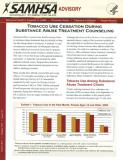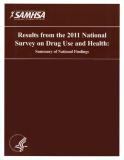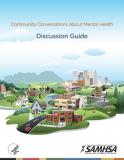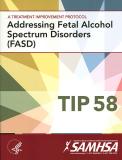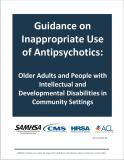
This Guidance reviews non-pharmacologic behavioral approaches and strategies to avoid and reduce prescribing of antipsychotics whenever possible for older adults with dementia and people with intellectual and developmental disabilities.
Units per Product
Download
Guidance on Inappropriate Use of Antipsychotics
File Type: PDF
File Size: 369 KB



